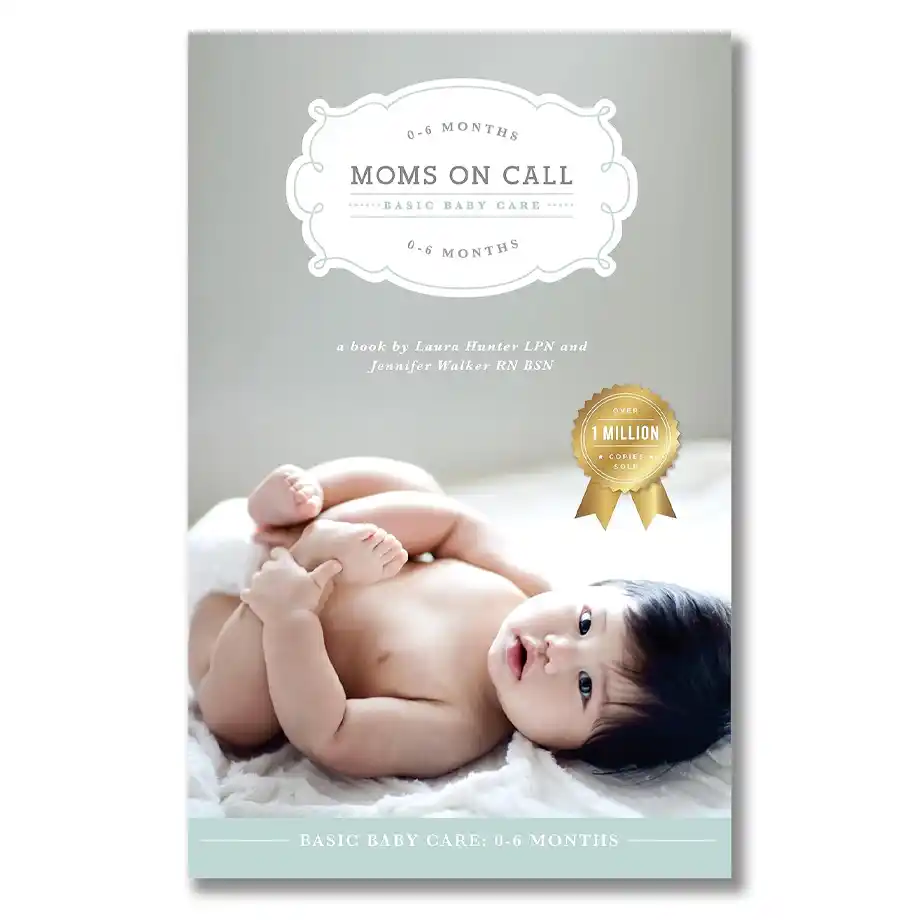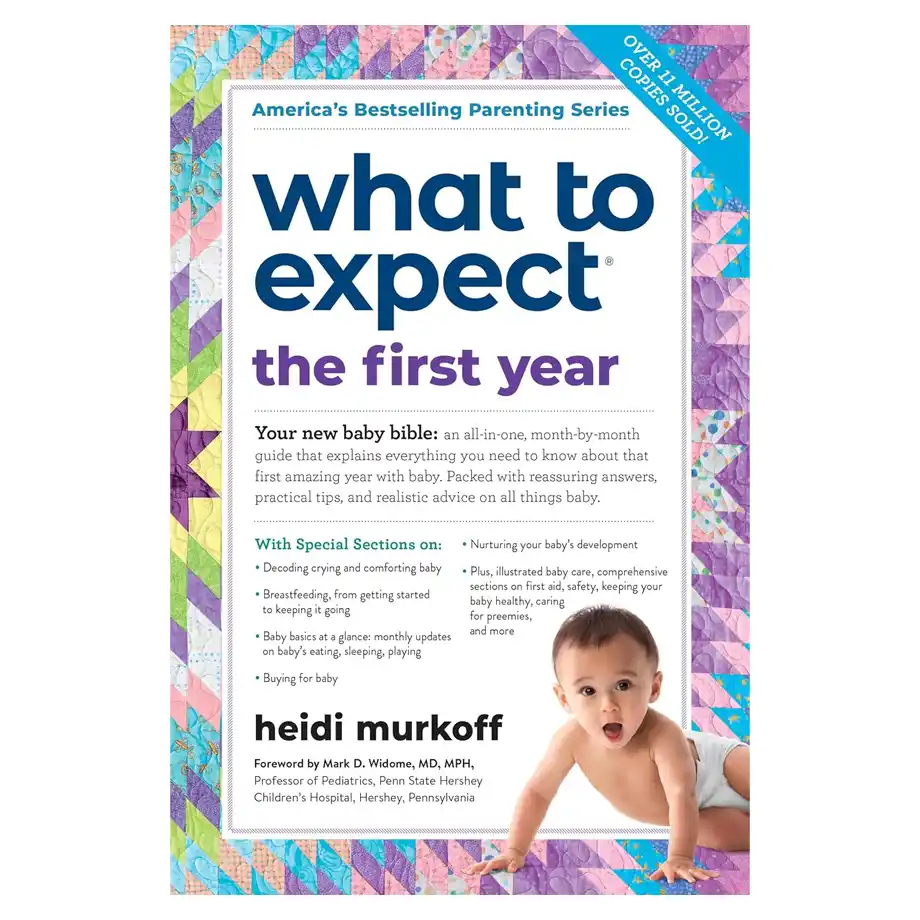Hey there, fellow parents! Let’s talk about the infamous “witching hour.” No, this isn’t about witches brewing potions at midnight. It’s that tricky time of day when your sweet, smiley baby suddenly turns fussy and inconsolable. Let’s break down what the witching hour is, why it happens, and how you can survive it with your sanity intact.
What Is the Witching Hour?
The witching hour is a phase most commonly experienced by newborns and infants, typically happening in the late afternoon or early evening. This isn’t your average crying spell. During the witching hour, babies can become unusually fussy, clingy, and difficult to soothe. It can feel overwhelming, but the good news is—it’s completely normal!
Despite the name, the witching hour isn’t limited to just one hour. It can last anywhere from 30 minutes to several hours. The term has been humorously borrowed from folklore, where the “witching hour” refers to a time of heightened supernatural activity, but rest assured, there’s nothing spooky about it—just a lot of baby emotions!
When Does the Witching Hour Happen?
You’ll likely notice the witching hour kicking in when your baby is around 2-3 weeks old, peaking at 6 weeks, and tapering off by the time they’re 3-4 months old. However, every baby is different. Some may have a brief witching hour phase, while others may extend it a little longer.
Why Does the Witching Hour Happen?
The reasons for the witching hour aren’t fully understood, but here are some likely culprits:
Overtiredness
Babies have limited awake windows, and once they’re overtired, it can be hard for them to settle down. Missed or short naps during the day can add up, leading to an extra-fussy evening.
Overstimulation
Your baby’s little brain is working overtime to process the day’s sights, sounds, and interactions. By evening, they might feel overwhelmed, leading to fussiness.
Hunger or Cluster Feeding
Babies often “tank up” on milk in the evening, nursing or feeding more frequently in preparation for a longer sleep stretch. This can make them seem insatiable during the witching hour.
Digestive Discomfort
Newborns’ digestive systems are still maturing, and issues like gas, colic, or general tummy discomfort can cause evening crankiness.
Adjusting to Circadian Rhythms
Your baby is still developing their internal clock. The witching hour may coincide with their body learning to transition from wakefulness to sleepiness as they adjust to life outside the womb.
Pin for later

How to Survive the Witching Hour
Managing the witching hour requires patience and a few tried-and-true techniques. Here are some tips that might help:
Create a Calm Environment
- Dim the lights and turn off the TV to reduce visual and auditory stimulation.
- A peaceful environment can help signal to your baby that it’s time to wind down.
Swaddle and Soothe
- Swaddling mimics the snug feeling of the womb, helping your baby feel secure.
- Combine swaddling with gentle rocking or patting to soothe them.
Try Babywearing
- Wearing your baby in a carrier keeps them close to your body, which can be incredibly calming. Bonus: You have free hands to grab a much-needed snack or drink!
Use White Noise
- A steady white noise machine or even the sound of a fan can help soothe your baby by replicating the comforting whooshing sounds of the womb.
Offer Comfort Feeding
- If your baby is breastfeeding or bottle-feeding, offering extra feeds can help. Cluster feeding during the witching hour is common and helps them feel full and ready for a longer stretch of sleep.
Go for a Walk
- If the weather permits, a stroller walk or car ride can work wonders. The fresh air or gentle motion might lull your baby to sleep.
Massage or Warm Bath
- A gentle tummy massage can help alleviate gas or digestive discomfort. A warm bath can also relax your baby and prepare them for bed.
Pin for later

Witching Hour vs. Colic and What’s the Difference
The witching hour and colic are often confused but are not the same. Here’s how to tell the difference:
| Witching Hour | Colic |
| Happens during specific times (typically evening) | Occurs anytime, often randomly |
| Lasts a few hours | Can last more than three hours a day |
| Usually improves by 3-4 months | May last until 4-6 months |
| Baby can often be soothed | Baby may be inconsolable |
If your baby’s crying seems excessive or you’re unsure whether it’s the witching hour or colic, consult your pediatrician for advice.
My Personal Experience with My Daughter’s Witching Hour
When my daughter was a newborn, her witching hour started promptly at 6 PM. I’d spend what felt like an eternity bouncing, singing, and trying every trick in the book. One night, I discovered that turning on a vacuum cleaner calmed her instantly. It became a running joke that our vacuum was her favorite “lullaby.” Those evenings were tough, but they also taught me to be patient and creative.
Final Thoughts
The witching hour can test even the most patient parent, but remember, it’s just a phase. With the right strategies—and a bit of humor—you can get through it. Keep reminding yourself that this too shall pass, and on those tough nights, don’t hesitate to reach out to your partner, family, or fellow mom friends for support. You’ve got this!
Is the witching hour normal?
Yes, it’s completely normal and common among babies. Think of it as a developmental phase that they’ll grow out of.
How long does the witching hour last each day?
It can last anywhere from 30 minutes to several hours, depending on your baby.
Does every baby experience the witching hour?
Not every baby goes through it, but it’s common enough that most parents will encounter it at some point.
Can the witching hour be prevented?
While you can’t completely prevent it, ensuring your baby naps well during the day and isn’t overstimulated can reduce its intensity.
When does the witching hour stop?
Most babies outgrow the witching hour by 3-4 months as their nervous systems mature.
Pin for later















